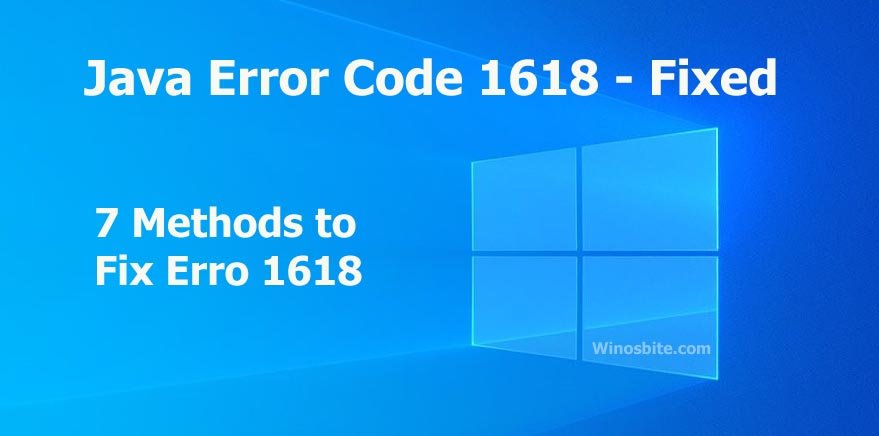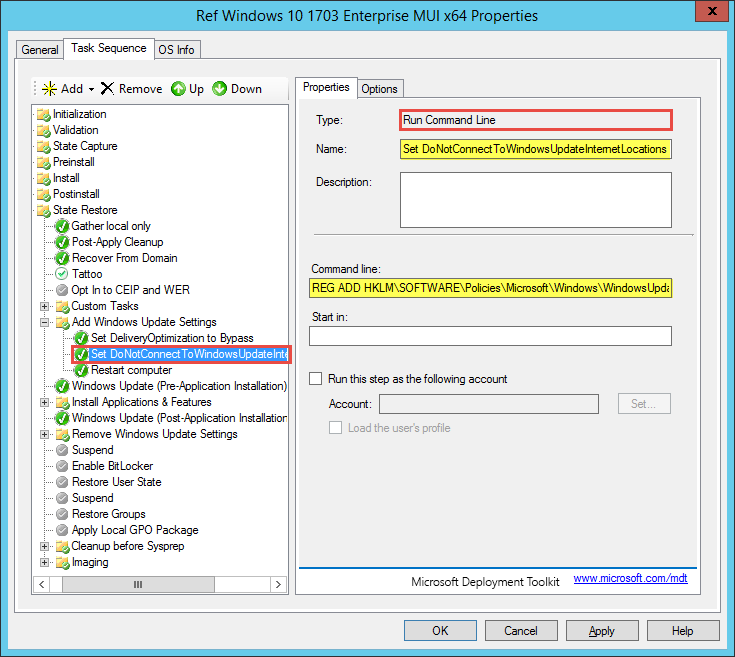

Trim off the current number and reset to get the next If > 31 set = + char If it's not valid, just return the supplied input string Make sure the numeric value is a valid ASCII value Set = try_cast (substring 0, charindex (',', as tinyint) by grabbing the data before the next comma Set = trim Work through the string, one numeric value at a time, characters other than numbers, commas, and spaces starts with a number, has commas, and there are no

Check the input string to make sure it is not null, Some of the values in UserFriendlyName0 are actual models Return value will just be the parameter back again, since If the parameter does not fit the format listed above, the The data seems to be stored as a string of comma delimitedĭecimal ASCII values that can be converted to a string. The UserFriendlyName0 column of the v_GS_WMIMONITORID view. This function can be used to convert the data stored in Leave a comment ConfigMgr: Collecting monitor information with hardware inventory and translating UserFriendlyName0 into something readableĬreate function. I downloaded and manually installed the latest 圆4 and x86 versions of the Microsoft Visual C++ Redistributable and then the client installed successfully.


Module C:\WINDOWS\system32\CcmUsrCse.dll failed to register. If ($resulted_ds_unt -eq 0) \client.msi installation failed. $uid = (Get-ItemProperty -Path $path -Name "UID").UIDįor($j=0 $j -lt $user_id_list.Length $j++) If($odbc_ds_list -ne "ODBC Data Sources") $key_path = "Registry::HKEY_LOCAL_MACHINE\SOFTWARE\ODBC\ODBC.INI\"įor($i=0 $i -lt $odbc_ds_list.Length $i++) $resulted_ds_list = Get-ChildItem -Path Registry::HKEY_LOCAL_MACHINE\SOFTWARE\ODBC\ODBC.INI\ -Name (I didn’t write the script – when I explained to the requester how it could be done, he was kind enough to write it for me.) $user_id_list = "CAINDBS2", "PTSBSTAR") To find them, I created a configuration baseline with the following script as the compliance setting. I received a request to find workstations that were using certain user names in ODBC data sources.


 0 kommentar(er)
0 kommentar(er)
